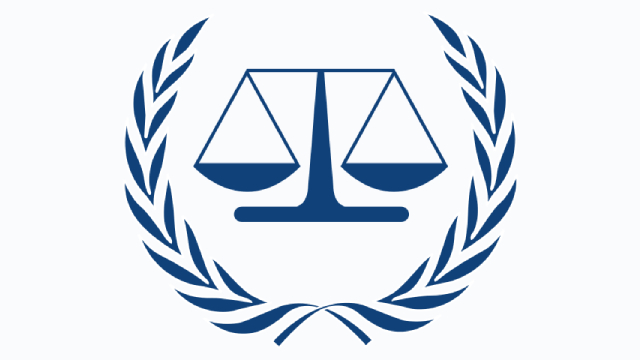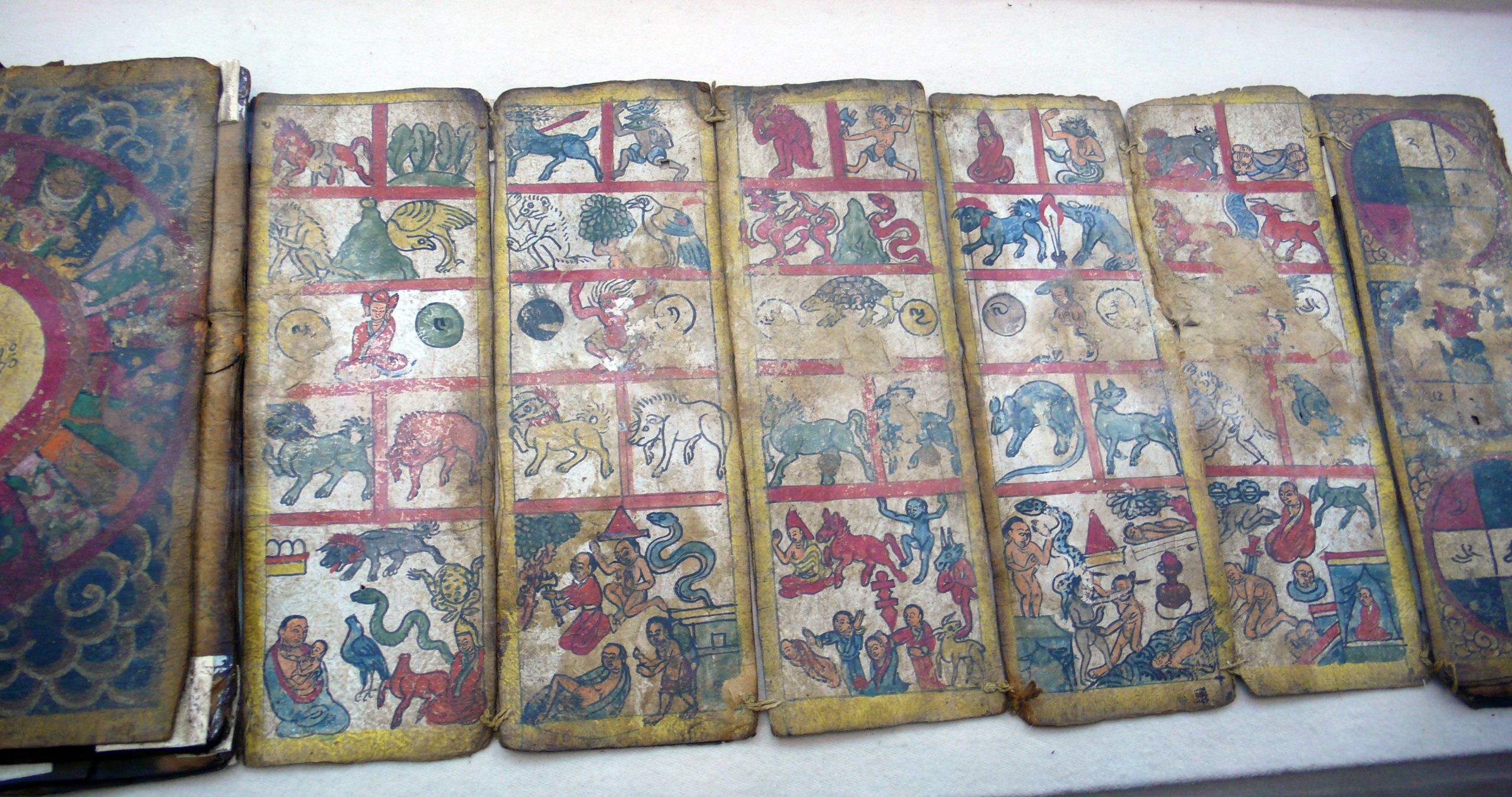
Although China did not sign the treaty establishing the court in The Hague, London attorney Rodney Dixon believe jurisdiction against Beijing can be asserted there.
by Ruth Ingram
The Chinese Government is being forced to face up to its “breathtaking” genocide against the Uyghur people at the International Criminal Court in the Hague.
Credible evidence of genocide and crimes against humanity meted out to millions of Turkic people in China’s north western region was presented to the ICC this week, by Uyghur groups demanding accountability for CCP officials implicated in the atrocities.
Activist groups, The East Turkestan Government in Exile (ETGE) and the East Turkestan National Awakening Movement, (ETNAM) are citing a catalogue of human rights abuses in their bid to see justice for their people. Not all in the Uyghur diaspora agree with the political positions of ETGE and ETNAM, which have long championed an independent state in the region now known as Xinjiang province, but their action against China is gathering widespread support.
Represented by UK barrister Rodney Dixon QC, an expert in international law, the groups are invoking a litany of crimes such as murder, unlawful imprisonment, torture, forced birth control, and sterilization, to accuse senior Chinese officials, including President Xi Jinping, of planning a vicious campaign to crush the Turkic people within their homeland.
Hailing as a “historic day” the first ever attempt to use international law to hold Beijing to account for its crimes, Mr. Dixon said the occasion was bitter-sweet in the light of the eleventh anniversary of the Urumqi riots in July 2009. The retaliatory massacres of Uyghurs that followed heralded oppression that has continued to this day, he warned, adding that the case still has a long way to go.
He explained that despite Beijing’s refusal to be party to the Rome Statute, which established the ICC, a ruling by the court in 2018 allowed for jurisdiction when crimes start or end in a member state, “and that is the case here,” he pointed out. In the same way as Myanmar, which is not an ICC signatory, was prosecuted because Rohingya Muslims were deported and fled to member state Bangladesh, Mr. Dixon said that the same principle could apply to China.
“It has been assumed for too long that China is beyond the reach of ICC. But it is no longer the case,” he said. Citing the forced extradition of Uyghurs from two member states, Tajikistan and Cambodia, back to China to face persecution, he said, “We are in a position where there is a very clear legal pathway to allow for the ICC to commence its investigations.” “It’s not a way round the law, it is very much the law,” he added.
Speaking to the New York Times before the documents were submitted at the Hague, Mr. Dixon stressed the obligation on the prosecutor to investigate genocide. “If you capture people, and you have a campaign to suppress them and you sterilize them, it is a campaign which intends to dilute and destroy their identity as a group.”
Speaking at a press conference at the Hague this week, Mr. Dixon hoped this would be a turning point. He said that no one has yet been held accountable for abuses against millions of Turkic people in north west China. “These are breathtaking facts when you consider the severity of the crimes,” he said.
Speaking briefly via online link from Washington DC to support their case, officials of the ETGE, Ghulam Osman Yaghma, Salih Hudayar and Abdulahad Nur, begged the ICC to “step in and save us.”
Adding to the crimes committed since Chen Quanguo in 2016 started tightening the noose around Uyghur culture, language, religion and basic freedoms of more than 11 million people in Xinjiang, the officials flagged up historic abuses which have largely remained unexposed to the world, including 46 above-ground nuclear tests carried out between 1964-1996, which killed thousands of people and whose fallout destroyed generations of citizens through birth defects and deaths from cancer. The groups allege hundreds of thousands of killings of Uyghurs during what they describe the “invasion” of their land by the Communists in 1949, and more recently over the years the compilation of biodata from 15 million Uyghurs has contributed to the considerable body of evidence implicating the CCP in the harvest of Uyghur organs.
“For too long we have been oppressed by China and the Communist Party,” said Mr. Abdulahad Nur. “We have suffered so long that the genocide of our people can be no longer ignored.”
Having submitted vast numbers of files and firsthand witness statements from survivors of the so-called transformation through education camps. they are hopeful that their case will warrant serious and urgent consideration. “We are hopeful that the prosecutor will see our claim has merit, and that she will do the right thing and open an investigation into these crimes,” said Mr. Nur.
Mr. Dixon warned that submitting the documents was the first small step towards seeing the case accepted by the ICC. The time frame was vague, but he urged the prosecutor not to squander this opportunity to set the record straight in the matter of the Uyghur people.
“There is no immunity as the ICC has said, for anyone, for crimes committed at the international level over which the ICC has jurisdiction,” he urged. “One of the touchstone principles of the Rome Statute is to end impunity,” he stressed. “This is spelt out and runs all the way through, and is involved in the jurisprudence of the courts,” adding that the ICC was established to ensure that these kinds of “solemn cases” were taken seriously.
The manner in which this case will be handled, he said, will “define the ICC’s legacy.” It may “breathe life into the principle that those who cause harm and suffering to fellow human beings must bear the consequences of their actions namely justice and accountability,” he concluded.
Source: Bitter Winter












